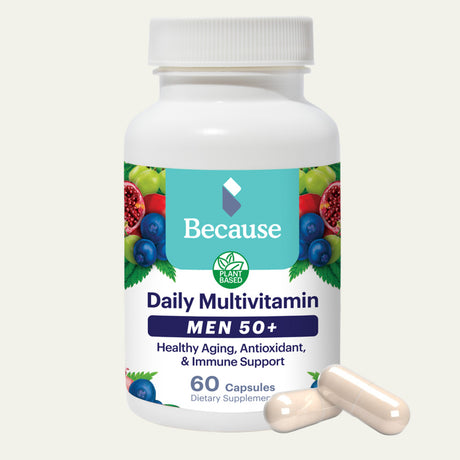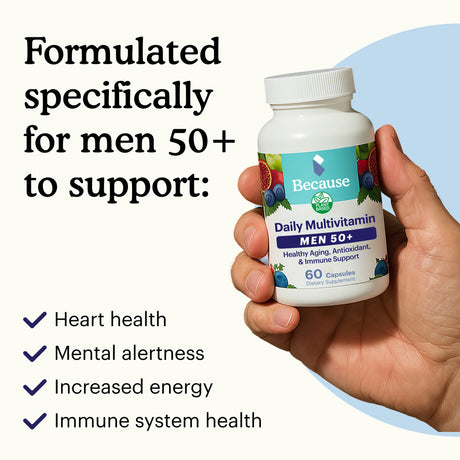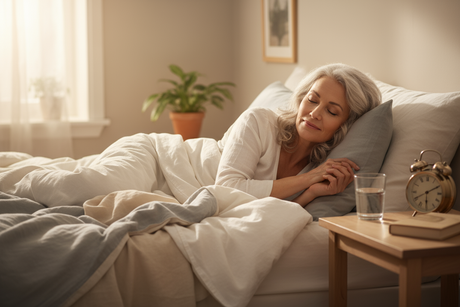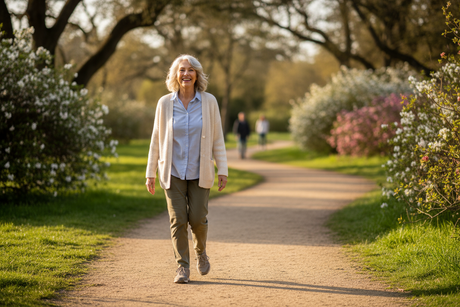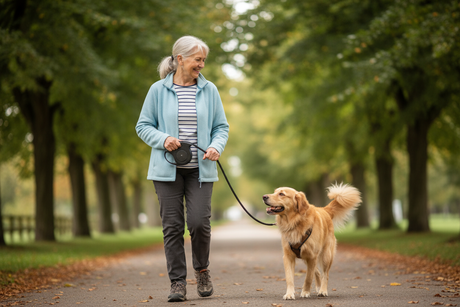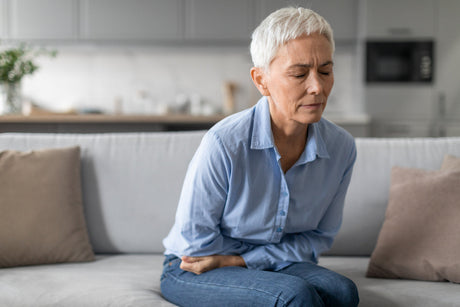Because Market is proud to be sponsoring six incredible women at this year's National Senior Athletic Games organized by the National Senior Games Association (NSGA). These extraordinary women are changing the narrative on what's possible for athletes over 60. Pushing back against stereotypes of the limits aging bodies face, these women take back their autonomy, health, and happiness as they Live Life Fully.
We sat down with Ellen Demsky, a marathoner with over 50 marathons under her belt including runs at the Boston Marathon, LA Half Marathon, and a marathon on Antarctica to discuss staying active, setbacks, and goals for the future.

How and when did you start playing your sport?
You said you ran a marathon in Antarctica. What was that like?
Georgia Island is where the marathon took place. It's just beautiful. We saw whales, icebergs, and white wilderness. There were about 150 of us, and we ran over ice and went through water and mud and moved penguins out of our way as we charged along the paths. There were no real markers along the course—our markers had been berries, branches with red berries that the birds had eaten.
They have different research stations in Antarctica, and we basically ran from research station to research station. It was the most unique marathon I've done. Just a lot of fun. I've done marathons in France, India, and the Boston Marathon, but Antarctica was the most unique. It was a 25-hour plane ride to get there, so I probably won't go back. It was a once-in-a-lifetime experience.
What athletic achievements are you particularly proud of?
What do you do during the week to stay active?
Throughout the day, I count my steps. I try to walk three to five miles every day as well as do a little bit of housework and a little bit of gardening. Once a week, I meet a friend to ride bikes, and we ride about 15 miles. Another day I'm scheduled to hike—we hike about three to six miles in the Santa Monica Mountains. I also started playing golf about six months ago, and I do that once a week, too. I pay attention to nutrition, and I try to sleep six or seven hours a night because it's very therapeutic. I do stimulating activities every week to stretch my brain. I often do that by teaching because I've got to prepare the lessons and do the research. I connect with my family almost daily, and I have a group of high school friends from Canada, so we have a Zoom meeting. That's my week.
What are the biggest setbacks or challenges you’ve overcome throughout your athletic career?
What inspired you to start teaching an extension class on dementia?
I usually teach a UCLA extension course in photography through the OSHA program, which is for seniors. It provides lower-cost university classes for seniors over 50. But during the pandemic, we couldn’t teach in person. I had just finished reading a book by Dr. Sanjay Gupta on how how to prevent dementia through exercise, good sleep, stress management, intellectual and social stimulus, and nutrition. So I developed a lot of my knowledge through his book and taught it in class on Zoom. I still teach it, and I just think it's a healthy way of living, and if you can follow it, it'll keep you sharp—hopefully long into your 90s.
Do you have any advice for your peers who are looking to get active?
Over 50% of women experience bladder leaks, yet it’s a stigmatized topic that people tend to shy away from. What advice would you have for them?
There is a deterioration as we age, and you just really have to put in the work to stay healthy. Cataract surgery for the eyes, hearing aids for loss of hearing. Do the Kegel exercises for bladder control. Keep exercising and staying active.
Do you have a goal that drives you to keep playing?

Stay tuned for more exclusive content from the 2023 National Senior Games, advice on how to get active, and interviews from our inspiring athletes.
Click here to check out our last interview with 91-Year-Old, Three-Sport Athlete Dot Rheinhardt

